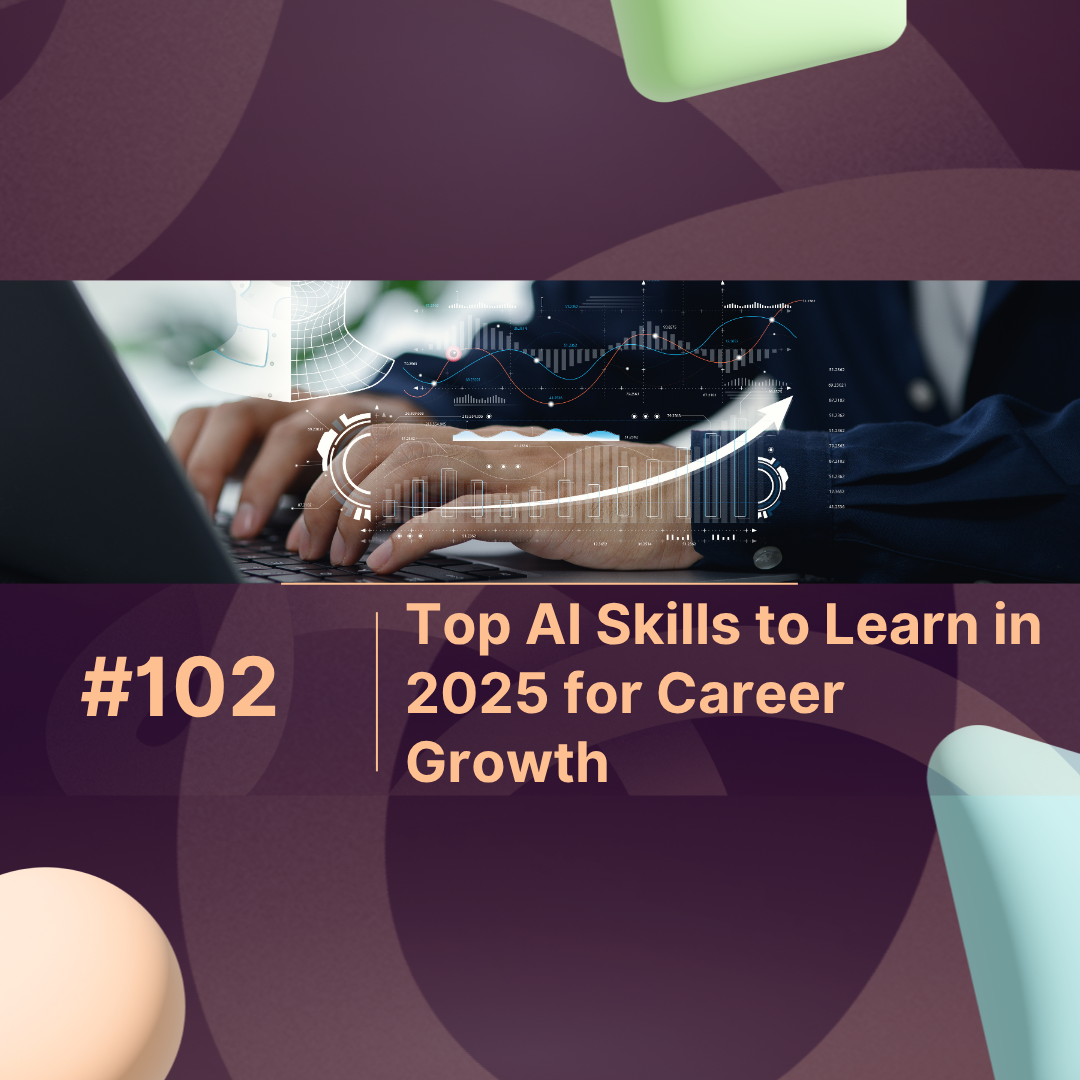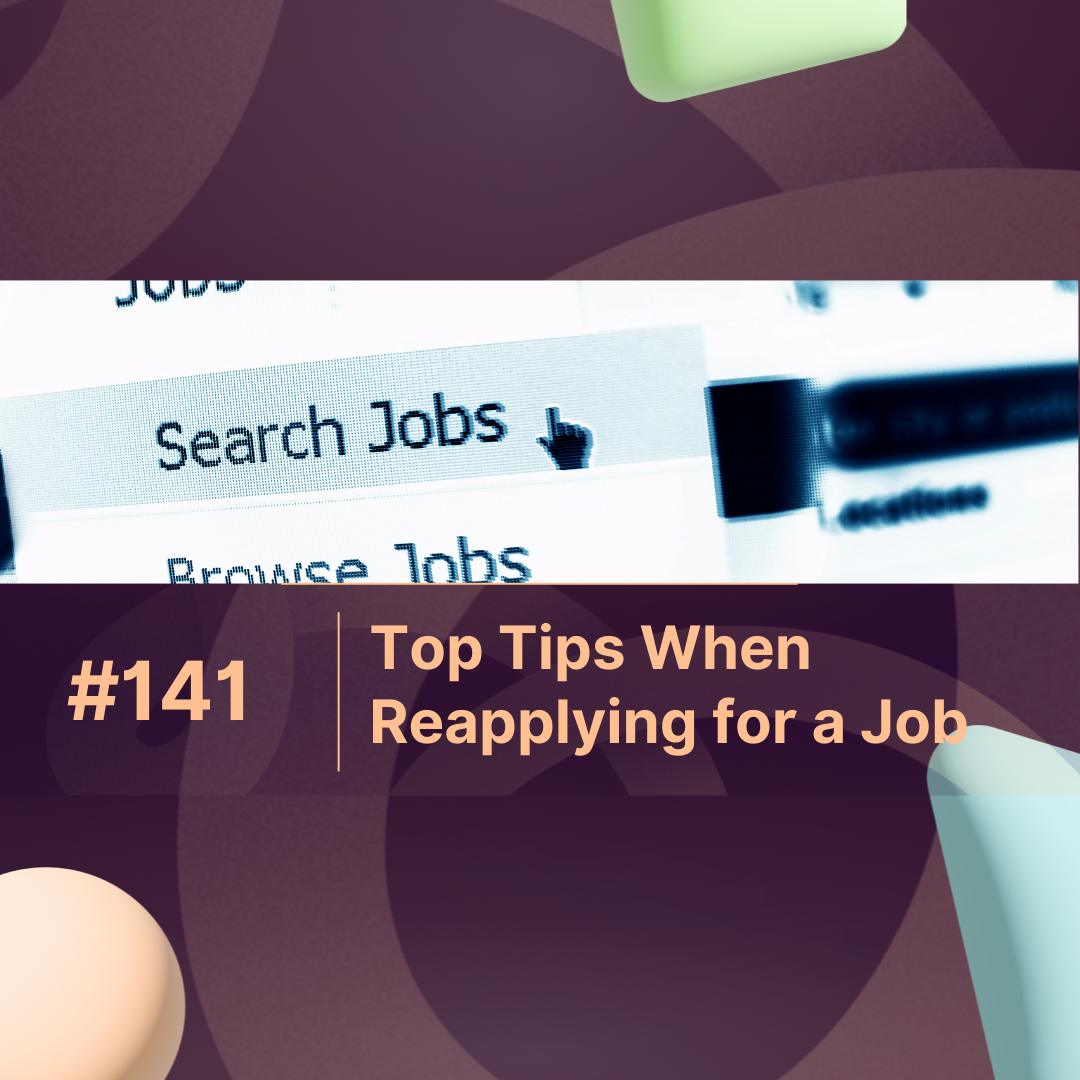Overview
Artificial Intelligence (AI) is no longer just a tech buzzword it’s a career-defining force. From automating workflows to powering next-gen innovations, AI is transforming industries faster than ever. Whether you’re in tech, marketing, finance, or HR, knowing the top AI skills can help you stay ahead, future-proof your career, and open doors to high-paying roles in 2025 and beyond.
If you’ve been wondering where to start this guide gives you the most in-demand AI skills, latest learning trends, and why mastering them now is crucial for your growth.
What Are the Top AI Skills to Learn in 2025?
The top AI skills to learn in 2025 include machine learning (ML), natural language processing (NLP), data analysis, prompt engineering, AI ethics, and automation frameworks. These skills are in high demand across industries like healthcare, fintech, and HR tech — making them essential for career growth.
1. Machine Learning (ML): The Foundation of AI
Machine Learning remains the backbone of AI innovation. Professionals who can train algorithms, interpret models, and optimize decision-making will continue to lead in 2025.
Key tools: TensorFlow, Scikit-learn, PyTorch
Career impact: ML engineers earn 35% more than traditional software engineers (LinkedIn AI Jobs Report 2025).
2. Natural Language Processing (NLP)
From chatbots to content generation tools, NLP powers the way machines understand human language. With AI tools like ChatGPT, Gemini, and Claude dominating workplaces, NLP has become one of the most practical top AI skills for professionals in marketing, HR, and product design.
Key tools: spaCy, NLTK, OpenAI API
Use case: Automating resumes and interview screening via AI-driven systems like MaxProfile — helping candidates land jobs faster.
3. Data Analysis and Visualization
AI thrives on data. Being able to clean, analyze, and visualize complex datasets gives you an advantage in making smarter, evidence-based decisions.
Key tools: Power BI, Tableau, Pandas, NumPy
Career tip: Data analysts with AI knowledge report up to 40% faster promotion rates than traditional analysts.
4. Prompt Engineering
Prompt engineering — crafting the right instructions for AI models — has become a must-have skill for both technical and non-technical professionals. It’s the bridge between human creativity and machine intelligence.
Key focus areas: Precision, context setting, response refinement
Industry demand: Over 70% of AI job listings in 2025 now include prompt design or optimization as a desired skill.
5. AI Ethics and Responsible Development
As AI grows more powerful, so does the responsibility to ensure it’s fair, transparent, and ethical. Understanding AI ethics isn’t just a technical necessity — it’s a leadership skill.
Key topics: Bias detection, explainability, data privacy
Impact: Companies prioritizing ethical AI are 2.3x more trusted by their customers (PwC 2025 Report).
6. Automation and Low-Code AI Tools
Businesses are increasingly automating workflows with tools like Zapier, UiPath, and AutoGPT. Learning automation logic and low-code AI platforms helps professionals accelerate innovation without deep coding skills.
Data Snapshot: AI Skills in Demand (2025)
| AI Skill | Industry Adoption Rate | Average Salary Growth |
|---|---|---|
| Machine Learning | 85% | +35% |
| NLP | 70% | +32% |
| Data Analytics | 78% | +28% |
| Prompt Engineering | 65% | +40% |
| AI Ethics | 58% | +25% |
| Automation Tools | 80% | +30% |
Source: LinkedIn Workforce Trends Report 2025 & PwC Future of AI Work Report.
Why Learning AI Skills Matters Now
AI adoption isn’t slowing down. Gartner predicts that by 2026, 80% of enterprises will have integrated AI into their core operations. That means individuals who lack AI literacy risk being left behind.
Whether you’re a student, HR professional, or marketer, learning the top AI skills today ensures you stay employable, adaptable, and in demand tomorrow.
Platforms like MaxProfile are already helping professionals showcase AI capabilities through smart career mapping and portfolio insights proving that learning AI isn’t just about coding; it’s about growth.
Conclusion
The future of work belongs to those who understand and apply AI meaningfully. By mastering the top AI skills — from machine learning to automation you’re not just upgrading your resume; you’re upgrading your future.
Start learning, stay curious, and let AI be the tool that takes your career from ordinary to exceptional in 2025.
FAQs: Top AI Skills to Learn in 2025
1. What are the best AI skills to start with in 2025?
Start with machine learning, data analysis, and prompt engineering — they form the foundation for most AI applications.
2. Do I need a technical background to learn AI?
No. Many AI tools today are low-code or no-code, making them accessible to marketers, HR professionals, and analysts.
3. Which industries need AI skills the most?
Tech, healthcare, HR, and finance are leading adopters — especially roles focused on automation, analytics, and decision support.
4. How can I showcase my AI skills to employers?
Build projects, get certified, and use career tools like MaxProfile to display AI-driven competencies.
5. What is the future of AI jobs?
By 2030, AI is expected to create over 97 million new roles globally (World Economic Forum, 2025).



